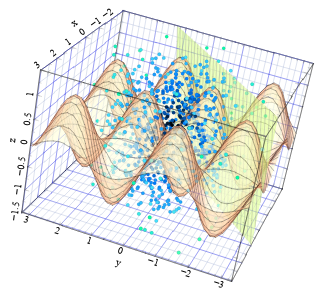

Applications of Bulk ViscosityĮlizarova et al. It should also be noted that at hypothetical dilute gas conditions, the bulk viscosity of monatomic gases is considered to be absolute zero. Hence, monatomic gases at atmospheric conditions have a small ( O ( 10 − 10 ) Pa s) but non-zero bulk viscosity. This mechanism of bulk viscosity is present in all fluids including monatomic gases.

Thus it is of relaxational nature and is a source of nonequilibrium. This process involves the breaking of intermolecular bonds (e.g., hydrogen bonds) or flow past energy barriers, which stabilizes the equilibrium configuration. Hall identified this process as configurational or structural compression. The second process is that molecules are rearranged or repacked more closely. It can be called molecular compression, and it is an almost instantaneous process. The first one is that molecules are brought uniformly closer together. During compression, two different processes take place. Consider a compression of dense fluid such as liquid water. This mechanism was first proposed by Hall in 1948. This difference between mechanical and thermodynamic pressure causes nonzero bulk viscosity. Since, during change of volume, the instantaneous translational energy of the system is not same as that if the system is adiabatically brought to equilibrium, the mechanical and thermodynamic pressures differ. The mechanical pressure is only caused by translational motion, whereas the thermodynamic pressure is the mechanical pressure of the system when brought to equilibrium through an adiabatic process. Hence, the energy of internal modes does not alter instantaneously but at a finite rate. On the other hand, the internal modes, i.e., rotational and vibrational modes, receive/transfers energy from/to translational mode by means of intermolecular collisions. That means the rise or fall of translational energy is instantaneous. However, this exchange of energy only affects the translational mode of motion. Whenever a gas is compressed or expanded, it gains or loses energy by means of work. This mechanism was first suggested by Herzfeld and Rice. In contrast to shear viscosity, precise and accurate values of bulk viscosity are rarely available and typically a wide variation in the estimates of the latter can be observed in the literature. However, the scope and accuracy of these studies are limited by available values of the bulk viscosity of fluids. Several studies have also been conducted to study the effects of accounting bulk viscosity in these flow situations, and these suggest that this transport property may play an important role in capturing physics of several flow situations. However, numerous studies in the past three decades have been carried out on estimation of bulk viscosity, and it is now well established that fluids possess nonzero bulk viscosity. In fact, for several years, the existence of bulk viscosity had been questioned. Therefore, bulk viscosity is relatively less studied as compared to shear viscosity. In commonly encountered flow problems, it is sufficient to account for only the effects of shear viscosity and ignore the bulk viscosity.

Two coefficients of viscosity, viz., shear ( μ) and bulk viscosity ( μ b), are required to describe the flow of an isotropic, Newtonian, and homogeneous fluid in a continuum framework.


 0 kommentar(er)
0 kommentar(er)
